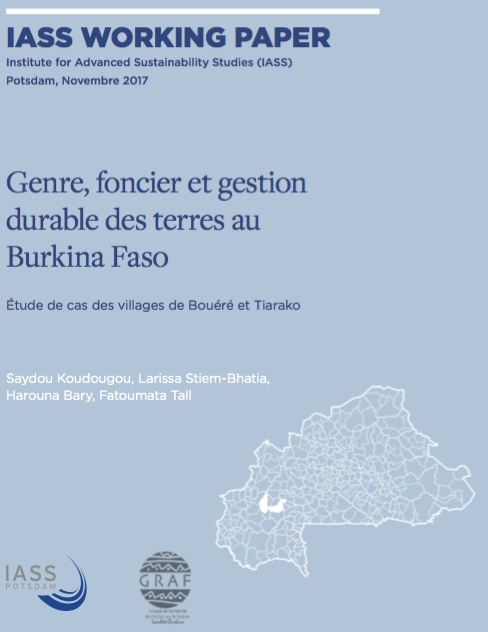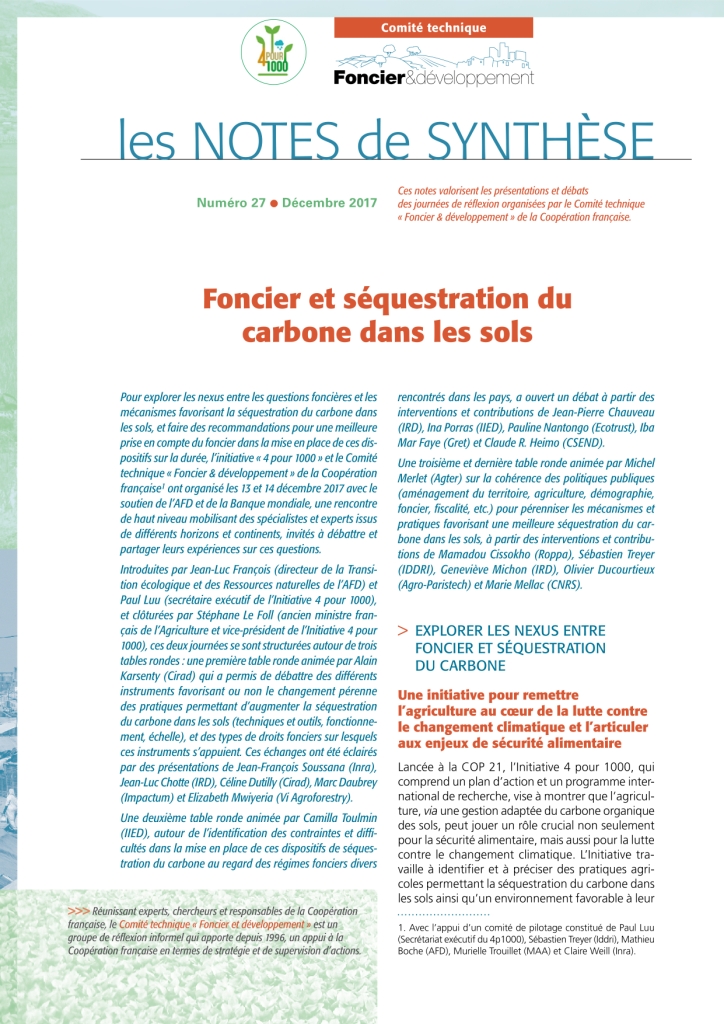Are local conventions effective tools for the joint management of natural resources?
During the last two decades, local conventions have increased in the field, and are now considered as promising alternative solutions for a participatory management of natural resources and land. But what does the concept ‘local conventions’ mean? What is the contribution of these conventions to the improvement of natural resource and land management? Are they recognized by the law? What are their limitations?






